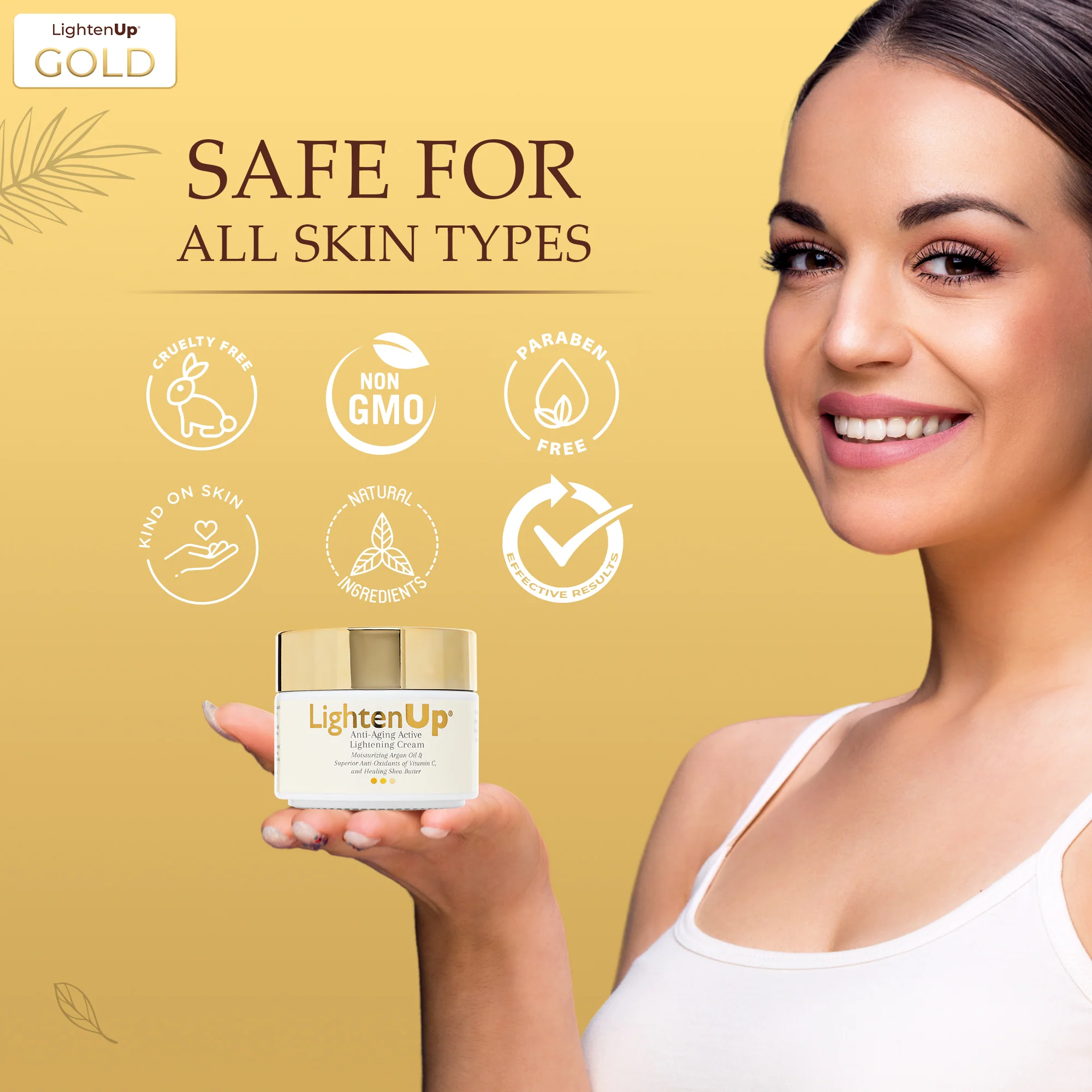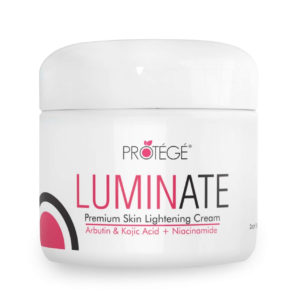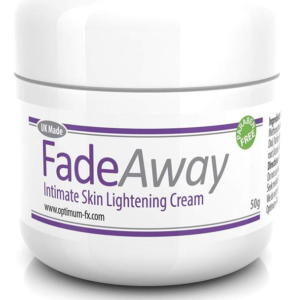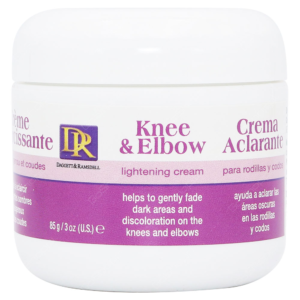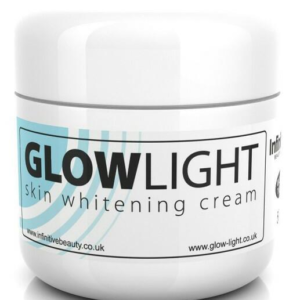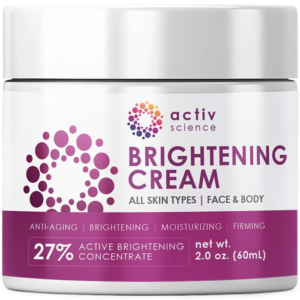What is Skin Lightening ?
Skin lightening, also known as skin brightening or bleaching, is using products like skin lightening creams and skin lightening injections to reduce melanin in the skin. Melanin is the pigment that determines skin colour and reducing it helps to treat age spots, acne scars and hormone related discoloration. This is also used to lighten naturally dark skin. But using skin lightening treatments comes with risks so understanding the facts and reading the labels is important before using any product.
What Determines Skin Colour?
What is Bleaching?
Bleaching is a cosmetic treatment to reduce skin discolorations and even out skin tone. Bleaching creams can be bought over the counter or by prescription. Some people use these products on their entire body to change their complexion which can be dangerous. Some skin lighteners have mercury, a toxic substance that can cause mercury poisoning which can lead to psychiatric, neurological and kidney problems. Pregnant women using these products risk passing mercury to their unborn child. Although mercury is banned in U.S. skin lighteners, products from other countries may still have it.
How do Skin Lighteners Work?
Skin lighteners work by reducing melanin in the skin through active ingredients. In the U.S., the most common ingredient is hydroquinone which is regulated by the FDA. Over the counter products can have up to 2% hydroquinone while dermatologists can prescribe lighteners with 4%-6%. Other ingredients in skin lighteners are steroids, retinoic acid (from vitamin A), kojic acid (from fungi) and arbutin (from plants). Always consult a doctor before using products with hydroquinone and follow their instructions carefully.
Risks of Skin Lighteners
Skin lighteners (creams and injections) are risky:
- Mercury Exposure: Some lighteners from Asia have mercury which can cause mercury poisoning.
- Premature Aging: Long use can cause skin aging.
- Skin Cancer: Long term use can increase skin cancer risk from sun exposure.
- Steroid Risks: Steroids in lighteners can cause infections, skin thinning, acne, poor wound healing. If absorbed in large amounts can cause systemic health problems.
- Hydroquinone Risks: Can cause ochronosis, an untreatable skin discoloration.
- Allergic Reactions: Natural ingredients can cause skin irritation or allergies.
Special Precautions When Using a Skin Lightener
- Consult a Doctor: Always talk to your doctor before using a skin lightener.
- Check for Mercury: Make sure the product does not have mercury, sometimes listed as calomel, mercuric, mercurous or mercurio.
- Hydroquinone Limits: Over the counter products should not have more than 2% hydroquinone.
- Label Accuracy: Check hydroquinone content; some foreign products may have more than U.S. limit or have inaccurate labels.
Conclusion
For any questions about a product, consult your doctor or pharmacist. Dermatologists may recommend alternatives like chemical peels, microdermabrasion, microneedling and laser treatments.

